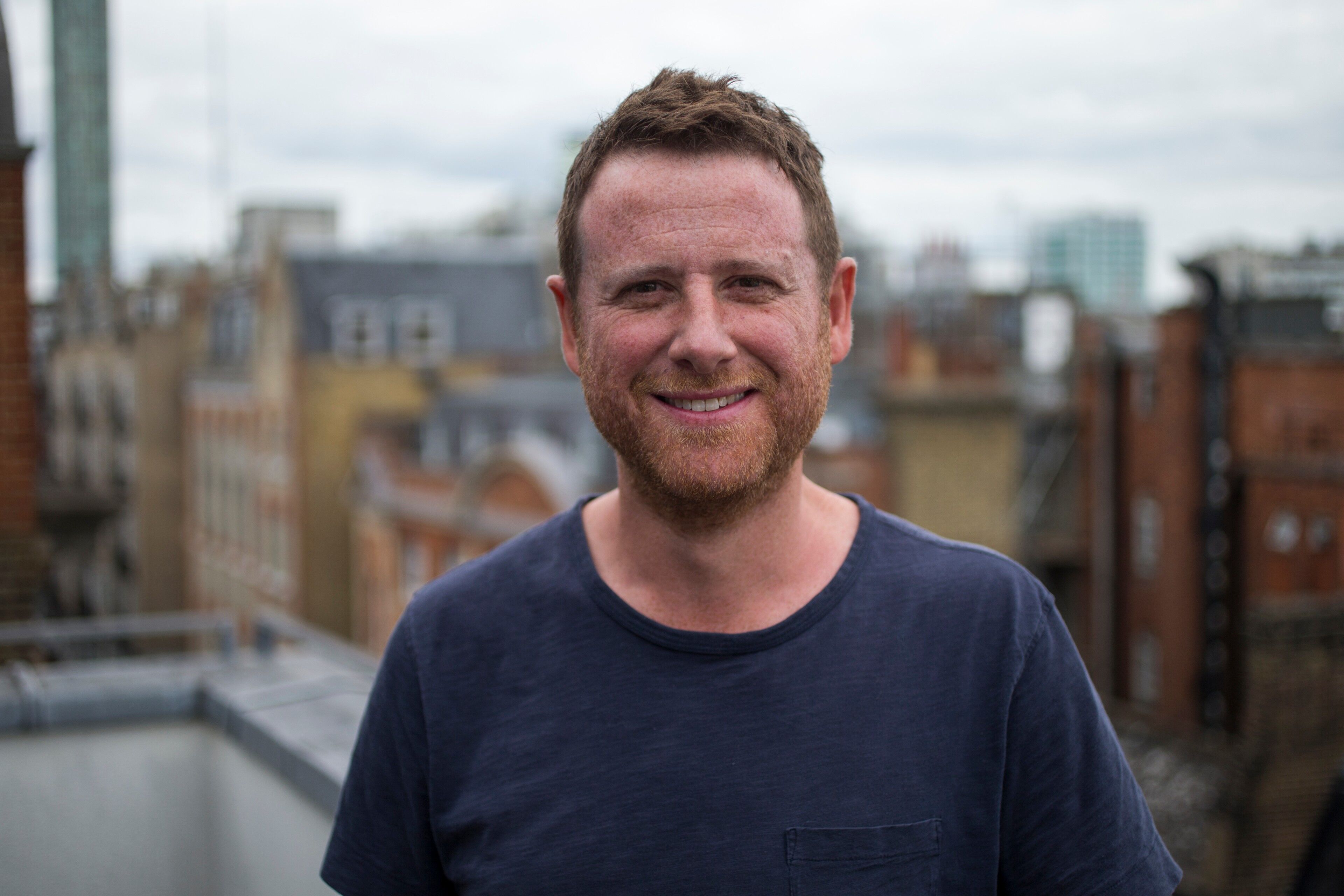Lessons from the trenches: Dave Bedwood
Lessons from the trenches: Dave Bedwood
When you give your company a stupid name, you better produce great work. So says Dave Bedwood, founder of LMFM…
Lean Mean Fighting Machine was a famous some would say notorious advertising agency. Across a decade LMFM has produced campaigns for Unilever Strongbow Emirates and many other famous brands. The company was also fond of the odd stunt promising that its 5000th Twitter follower could sack an employee of their choice…
The company was sold in 2014 to M&C Saatchi. Dave Bedwood was one of the four original founders and with four years under the bridge we caught up with him to see what he had learned along the way.
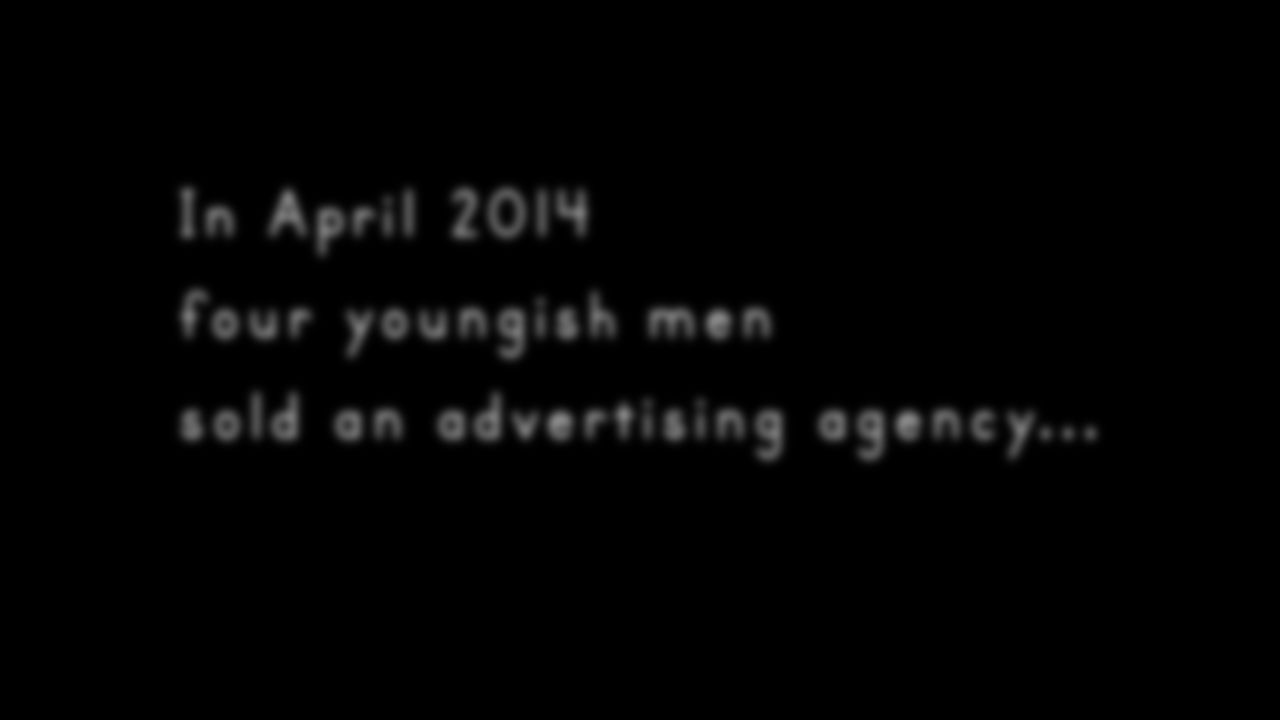
How did you build your business?
DB: My then creative partner Sam Ball and I had got jobs at [advertising agency] BMP Interaction in 1999. We had been trained in traditional advertising. Well it wasn’t called that then as there was nothing to be traditional against!
“Our original idea was pretty simple. There were no grand plans or interesting takes on the advertising industry.”
We got into digital by chance. BMP Interaction became part of a larger agency Tribal DDB and we became Creative Directors there at the tender ages of 24/25. We met Tom Bazeley and Dave Cox there. The four of us had the typical bravado of ‘we could do this ourselves’ and luckily we were ignorant enough about business to give it a go. If we had known more about all the challenges of running a business then we would probably never have done it!
Our original idea was pretty simple. There were no grand plans or interesting takes on the advertising industry. We simply wanted to be the best digital agency in the world. We wanted to take traditional writing skills and mix them with technology. That was it and we stuck to it. Having a stupid name helped as when you have a stupid name you really have to do decent work otherwise you look like a right bunch of idiots!
And that was one of our founding principles: not to be twats.
We didn’t run it like a money-making enterprise. We judged it by the work which we produced. Four years in we had won Interactive Agency of the Year at the Cannes Lions awards. We had 22 employees and had beaten rival agencies with over 1000. In a way we had reached our goal.
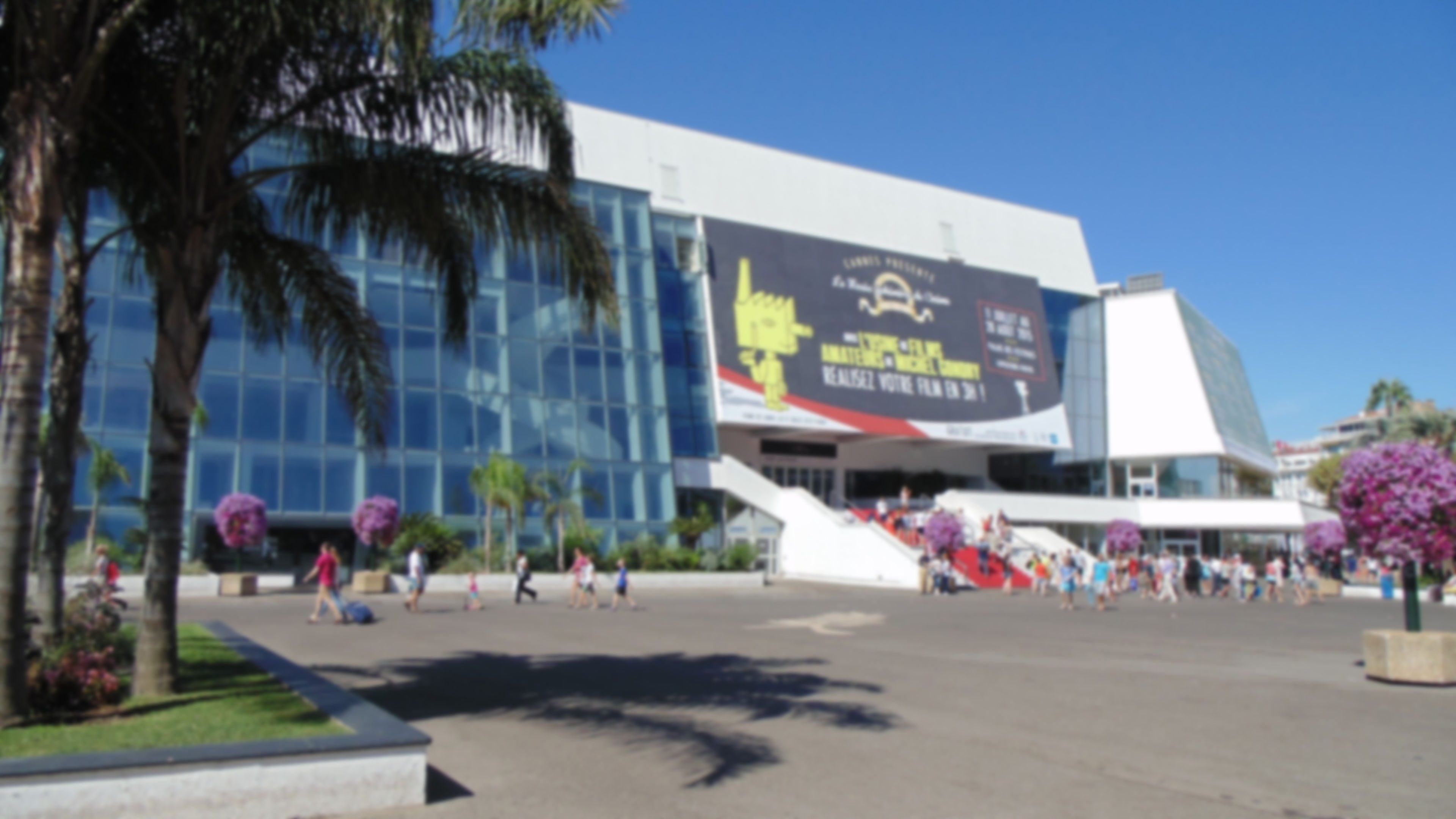
The Cannes Lions International Festival of Creativity
Growth - some growth - followed after that. We had bigger clients but we remained quite small whilst other agencies just ballooned off the back of the digital bubble. I think that is more a reflection on how creativity doesn’t always equate to big growth. We didn’t want hordes of people to work for us we wanted small teams. Whilst that gives better conditions for creativity it also means fewer people to pay an hourly rate to.
After 2008 I became a bit bored of digital marketing. People don’t differentiate between digital and non-digital nowadays: they just read watch and use things that help entertain inform. We didn't want to be the people that just turned someone else’s idea into ‘digital’. We wanted to do the big idea and then execute that in whatever medium is relevant. But it’s hard to break into the big leagues.

We came close with a huge project for Emirates in 2008. On the night we won Agency of the Year at Cannes I was told it had to be pulled because of the impending financial crash. So that was a bittersweet night!
For me that was our chance gone. Once the crash came we could never really move further into the work we wanted to really do.
Did you build the business for a sale? Was an expression of interest a surprise to you?
DB: No we didn’t. Not at first... no way. We weren’t shrewd enough for that... I just wanted to make the best work without what I then thought were the slow and antiquated methods used by big agencies.
"We’d put a hell of a lot of ourselves into that 10 years, so getting some financial reward seemed fair."
Then a couple of networks [big advertising agency groups] came sniffing and to be honest there is always the pull of money. We’d put a hell of a lot of ourselves into that 10 years so getting some financial reward seemed fair. Working in an environment where we were at the top table getting the firepower to get some big ideas off the ground was a temptation.
Did you ever have a feeling that to build a business of scale, you needed extra help or investment?
DB: I see that now. Back then we thought it would just take one client. Emirates were doing a lot in North America so we thought we could open there. It didn’t happen. I didn’t foray into international business opportunities after that.
But now if I did it all again I’d seek both of those things. It’s quite difficult to start from scratch.
When the possibility of a sale/exit became evident did it change the way that you thought about your business? Did it show a different side to your leadership?
DB: Again I can only speak for myself but you certainly realise that you are in over your head a bit. We were a group of mates that were good at what we did. But we were very rough and ready in comparison to the big boys. I suppose that was part of our power we had a very gung-ho attitude.
I’m not sure I’m a good leader at all. I enjoy doing the work too much. I think going into a bigger agency again made me realise that even more. I like working with people and teams to come up with ideas. My greatest enjoyment comes from writing ideas. Managing has little interest for me really.
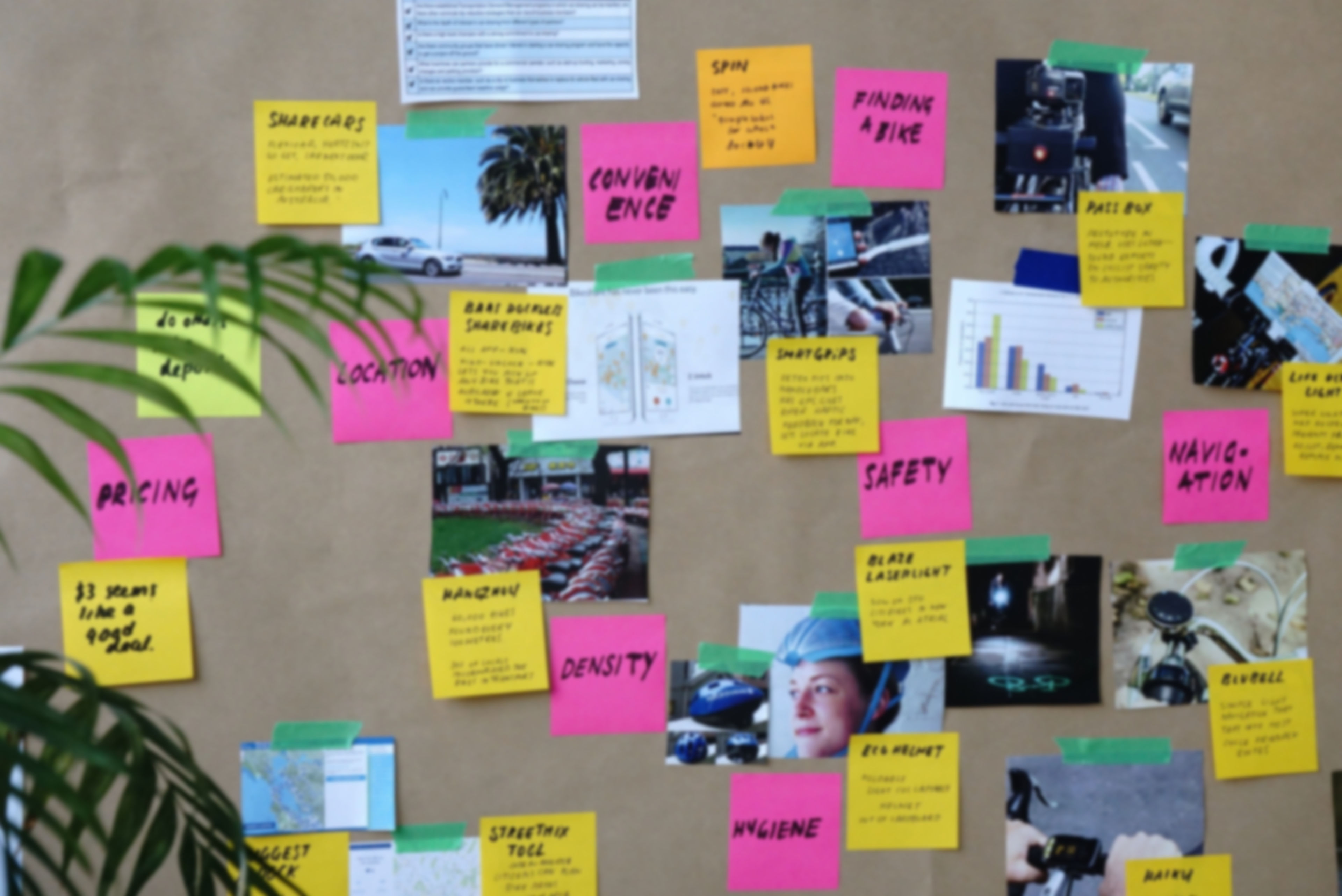
How did it feel once the sale/exit had been completed?
DB:Weird. Glad it was over. Proud. Sad. Excited. Empty. A sense of closure.
What are you working on currently? Do your experiences of LMFM help?
DB: I started another business bringing data and creativity together. However unlike LMFM I didn’t start it with the right person. It goes to show that relationships and trust are sometimes more important than just the big idea.
I now work at "The & Partnership". As big agencies go it’s the job I was after. I'm working on big ideas with clients and a budget to really do something. I am also finally making a long-form documentary for Netflix... to vanquish my Emirates 2008 demons.
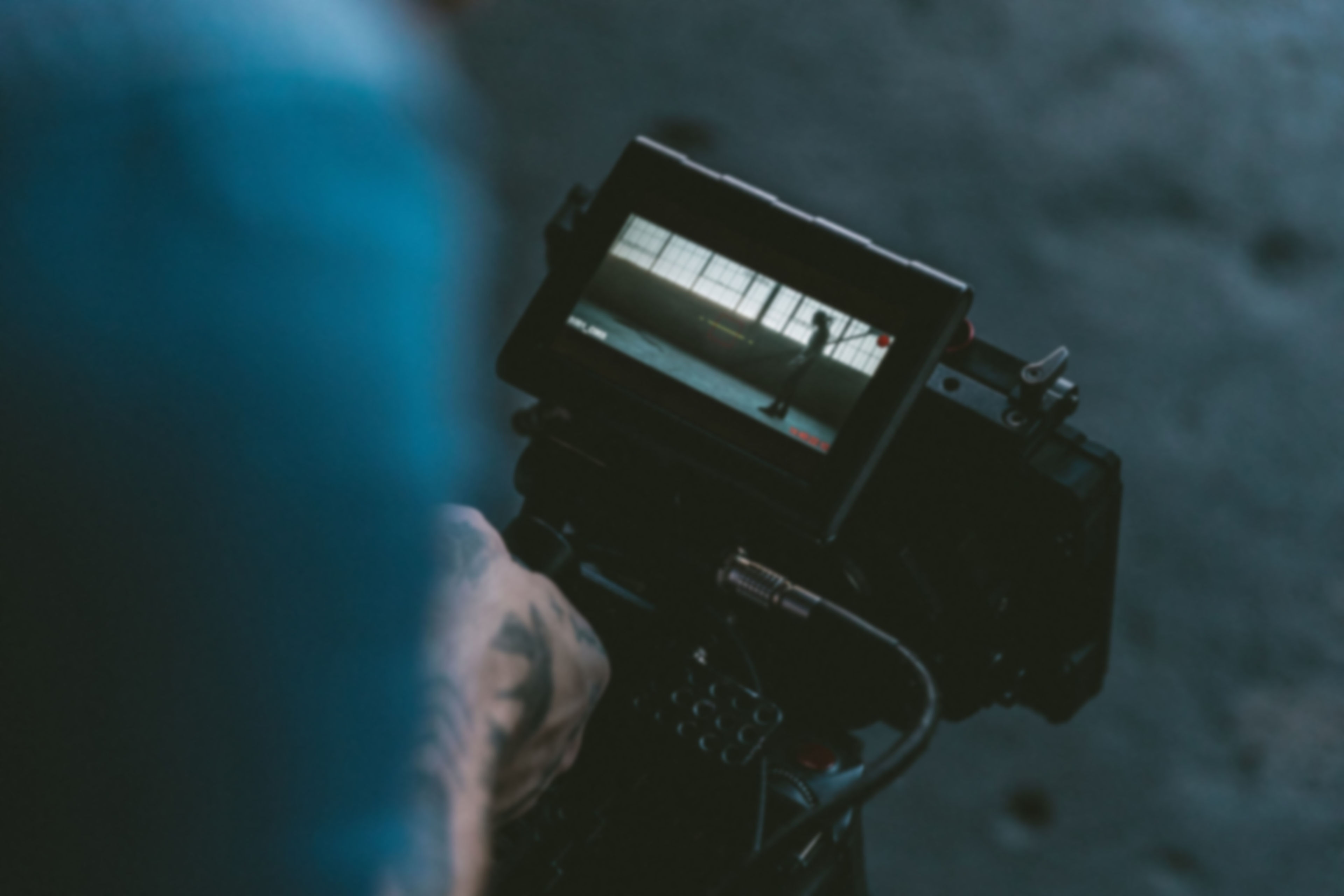
I am also working on a project where an ad has been written by Artificial Intelligence software and an Oscar-winning director is filming it. In that sense I am applying things from my previous businesses. If you stick around long enough have enough ideas - both good and bad - then eventually the good ones get their time.
Today Dave Bedwood is Creative Director at The & Partnership.
Lessons to take home…
- You don’t need to be huge to be successful
- You can’t plan and manage for everything
- Most businesses mean being ‘in too deep’ sometimes – if not all the time
- Not everyone is a people manager
- Great ideas usually get their day
Are you a business or private individual exchanging currency on a regular basis?
Join our free ’Member Exchange’ platform in minutes to save an average of 95% on your currency exchange costs.
Continue reading
Anyone can start a business. Growing it is very different. Here are the skills you need.

Freemarket is a unique ’Member Exchange’ currency platform that’s turning conventional currency exchange on its head. If you’re a business or private individual, exchange currency by exchanging your funds with other members, for a fixed fee of 0.2%.
FreemarketFX Limited is authorised by the Financial Conduct Authority (FCA) – Firm No.585093
30 Great Guildford Street
London, SE1 0HS
